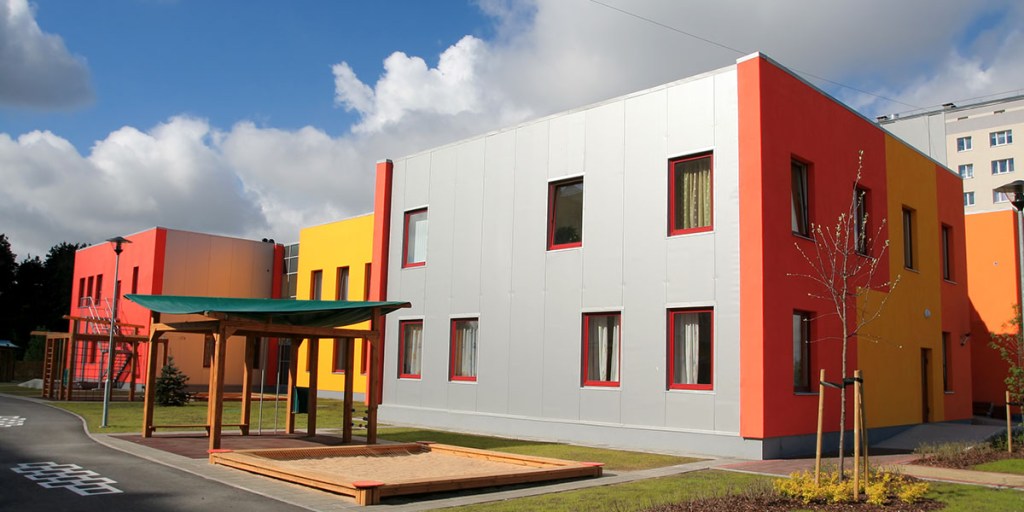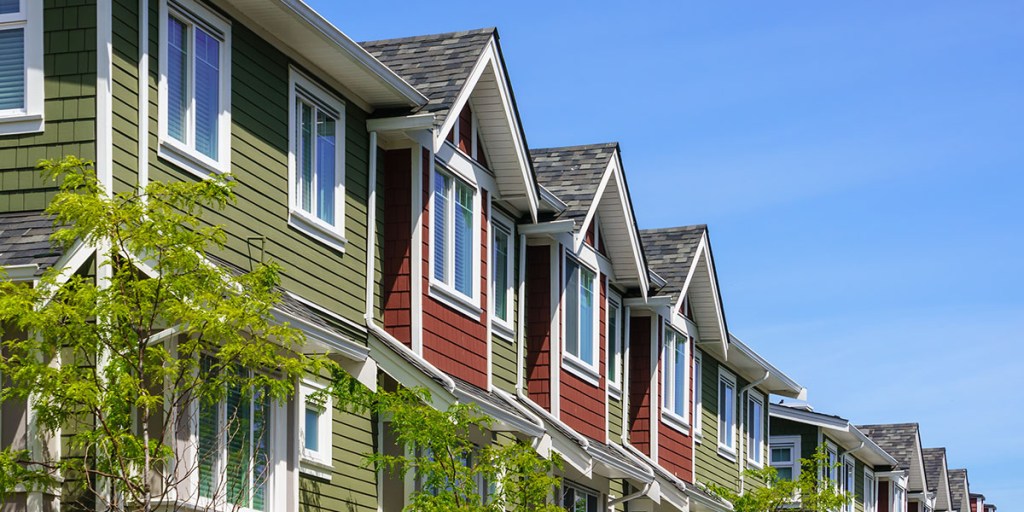
Originally published on MPA Mag
Late July brought significant change to the commercial lending space with a highly impactful announcement by the Small Business Administration (SBA).
For the first time, the SBA announced the opportunity to refinance 7a loans into 504 loans. Commercial real estate investors often utilize high-leverage, floating-rate SBA 7a loans to finance construction projects but find themselves without an easy exit strategy.
This rule change enables borrowers to refinance into an SBA 504, another high-leverage, government-guaranteed loan with a low fixed rate. Refinancing can potentially save thousands of dollars on interest, plus allows cash-out for working capital.
For Liberty SBF, the proposed changes were welcome news. With a client base made up of investors and businesses eager to refinance out of SBA 7a loans into low-cost, fixed-rate SBA 504 loans, this change has opened more doors for potential borrowers as well as generated a great deal of interest and direct referrals from brokers in the mortgage community.
“This is a really big deal. Any borrower in that high leverage (SBA 7a) loan should be thinking of refinancing, because theoretically there should be very little out-of-pocket expense. Most of the fees can be capitalized into the new loan,” Alex Cohen (pictured), chief executive officer of Liberty SBF, explained.
“Brokers and mortgage professionals who work as intermediaries should be thinking about their 7a clients who can now refinance into high-leverage, fixed-rate SBA 504 loans. We believe that this is a total of around $100 billion to $200 billion in outstanding volume,” Cohen continued.
Liberty SBF hit the ground running in anticipation of the SBA announcement. To capitalize on the significant change for high-leverage small business loans, Liberty SBF set up a team dedicated to pursuing this opportunity and have been growing this team over the month since the proposed change took effect.
How has the announcement panned out so far? “We have already been successful in signing up several deals. We are working with a lot of referral sources in the mortgage community that send us transactions. It has been a big deal for them,” Cohen stated.
Liberty SBF has also introduced additional bridge and construction options to participants in the mortgage industry with the launch of a bridge loan platform.
On the heels of such welcome news in the commercial lending space, Liberty SBF is now able to offer its client base a new bridge loan option that is generating buzz in the industry.
“This second loan appeals to institutional investors. Debt funds and institutional lenders typically do not lend below $10 million or $15 million per transaction. With our bridge option, we will go down to $5 million. We can now offer a low interest rate for deals between $5 million and $15 million that have in-place cash flow,” Cohen stated.
Cohen further explains that Liberty SBF can offer two options: a “heavy lift” bridge loan, which is geared toward construction for borrowers with less in-place cash flow, and a “light lift” bridge loan, which suits projects with more in-place cash flow and offers the most competitive non-recourse pricing available on the market.
Aside from the ability to go down to the $5 million mark, what other advantages does this bridge loan carry?
Cohen doesn’t hesitate to answer. “It is low-cost, high-leverage, and non-recourse.”
In simple terms, Cohen explains that Liberty keeps a competitive edge by offering lower rates, which range from 5-6%. Additionally, the loan-to-cost ratio can be as high as 80% and the borrower is not personally liable aside from fraud (the collateral for the loan is the property, not the borrower).
What is down the road for commercial lending?
With new construction not expected to slow down any time soon, the odds are in the commercial lending space’s favor.
“We feel that there are strong fundamentals for commercial real estate. There are a lot more people than housing and apartments in most markets across the country. Over the next two to three years, we will be watching rates very carefully. If there is an opportunity to refinance at a fixed rate, now is the time to do it because we are at the bottom of the rate cycle,” Cohen explained.
Cohen added: “We are bullish in the one-to-15-million-dollar space, which is the size we play in and eligibility for these loan products. Both are predicated on a resilient real estate market.”









